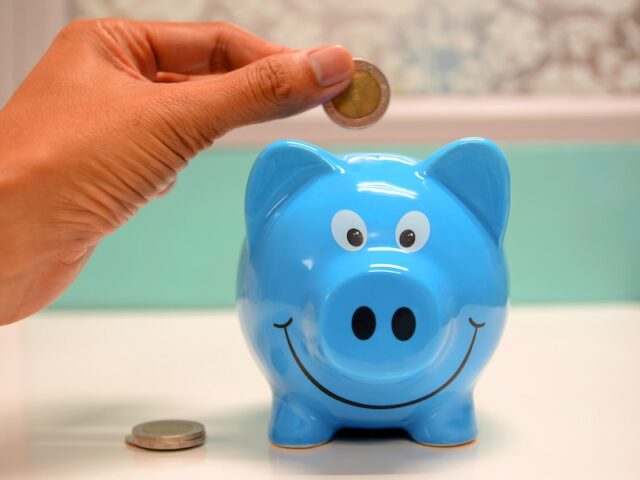
Introduction
Recurring deposits are the perfect choice to maximize the value of your money. You can invest modest sums of money for a predetermined length of time in an RD account and get a higher return. For those seeking a lower-risk investment with a steady return, it is the ideal option.
What Is a Recurring Deposit Account?
A recurring deposit account is a savings tool offered by banks, where you can make fixed deposits at predetermined intervals and earn interest on your deposits. It is also known as an RD account. For example, If you deposit Rs 500 every month for 10 months in an RD account with an 8 percent interest rate, you will have Rs 5,000 plus the earned interest in your bank account at the end of 10 months.
You are required to deposit a particular amount of money each month over a certain period of time. The amount that you deposit depends on the bank’s terms and conditions, but will usually be in multiples of Rs 500 or Rs 1,000. The most attractive feature of RD accounts is that they provide higher returns than regular savings accounts due to the monthly compounding of interest.
By investing in an RD account you can save for a specific purpose such as a vacation or wedding expenses while also earning some additional returns on your investment. And the best part about this type of account is that it requires minimal effort from you; once the initial setup is done and your monthly installment has been deducted from your bank account, there’s nothing more to do until it matures.
What Are the Benefits of Investing in a Recurring Deposit Account?
When it comes to multiplying your money, a Recurring Deposit (RD) account is one of the safest investments available as it offers numerous advantages such as higher interest rates, fixed deposits, and tax savings. Here’s why you should consider investing in an RD account:
Higher Interest Rates – Compared to a regular savings account, which typically offers interest rates of 3-4%, RD accounts offer up to 7.5% interest per annum. This helps you earn more from your deposits over time.
Fixed Deposits – RD accounts require you to deposit a fixed amount on a regular basis for a pre-defined period of time. This helps ensure that your investments remain consistent and can help you reach your financial goals without fail.
Tips to Get the Most Out of My Recurring Deposit Account
Recurring deposits (RD) accounts can provide an excellent way to save money and earn a higher return. And with a bit of planning and strategy, you can maximize the returns from your RD account.
- Start Early: The sooner you begin investing in a recurring deposit account, the longer your funds remain untouched and the more interest will accrue on them over time. This makes it a great option for young professionals who want to start saving early.
- Choose Higher Tenure Periods: Most banks offer recurring deposit plans with tenure periods ranging from 12 months to 120 months. Longer tenure periods not only give you a better rate of return but also provide stability and assurance as the market fluctuations don’t affect your principal amount or interest rate.
- Invest Regularly: Investing regularly in an RD account allows you to maximize your returns while minimizing any risk associated with market volatility. As each installment is automatically deducted from your bank account each month, it’s easier to remain disciplined and stick to a savings plan.
- Leverage Bonuses: Many banks offer bonus rates on their RD accounts as an incentive for customers to choose their products over others in the market. Opting for bonus rates can dramatically increase your returns on your initial investment, so make sure you check what offers are available before signing up for an RD account with any particular bank or financial institution.
Conclusion
Investing in a Recurring Deposit account can be a great way to help you reach your long-term financial goals. By taking advantage of the many tools and features available in an RD account, you can maximize your savings and make sure that you are getting the best return on your investment. You can use an RD calculator to get an estimate of your returns before committing to an RD account and make sure to consider all the different options before investing.
Read more:
Art as a Message: How African Artists Shape European Public Opinion by Bukola Oladiji





























